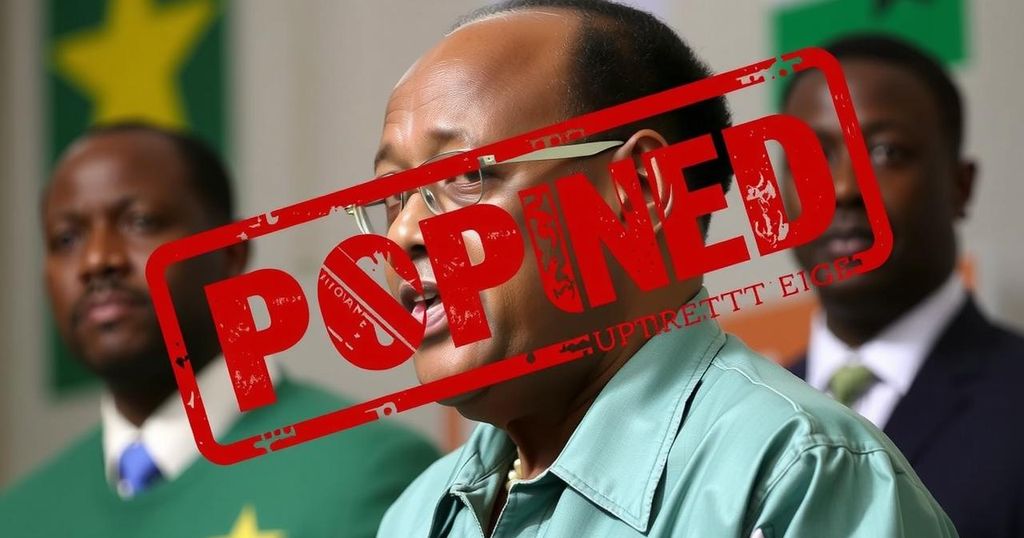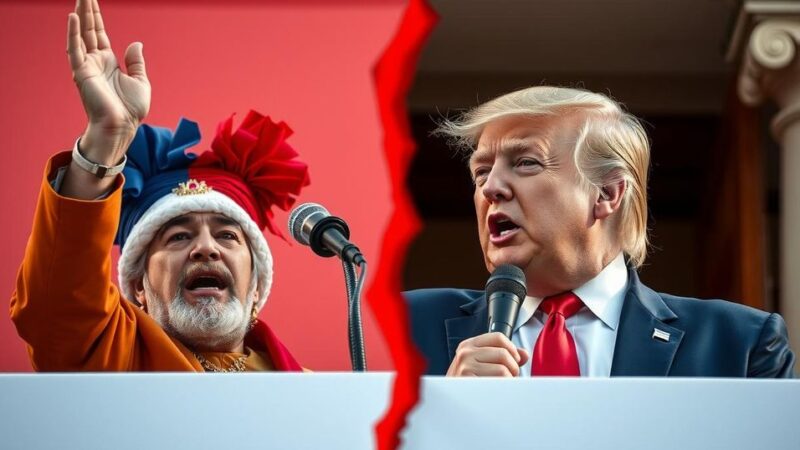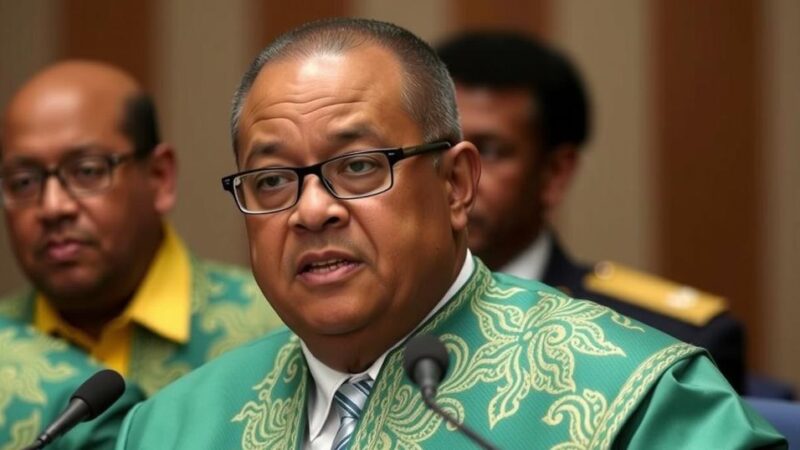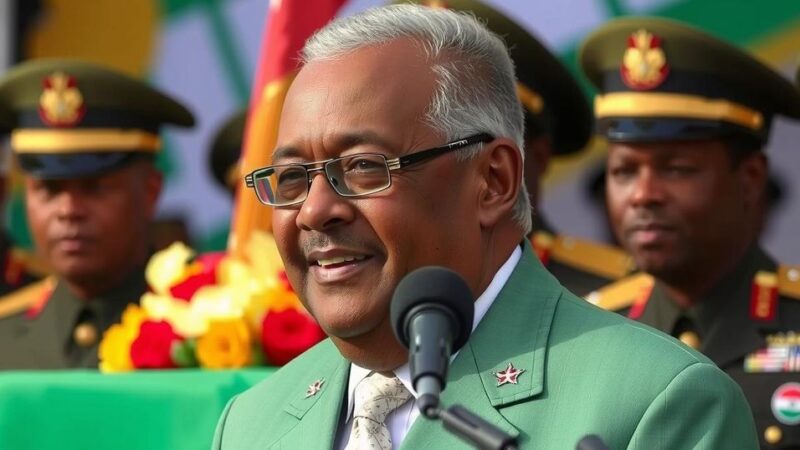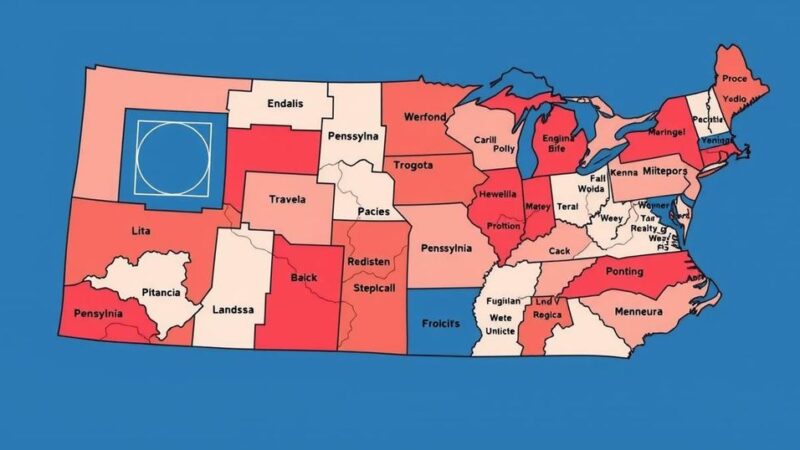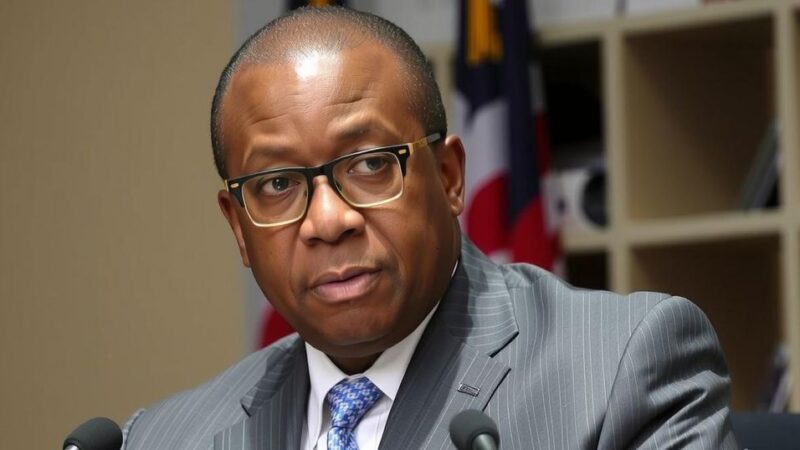Togo has postponed its senatorial elections to February 15, 2024. This decision aims to allow political parties additional time for candidate registration. The newly proposed constitution has faced criticism, with several opposition parties planning to boycott the elections. The Senate comprises 61 members, with elections representing a pivotal point in Togo’s constitutional development under President Faure Gnassingbe.
Togo has announced a postponement of its inaugural senatorial elections to February 15, 2024, as articulated in a presidential decree issued on Friday evening. This decision aims to provide political entities with additional time for organization and candidate registration. Official campaigning is set to commence on January 30, 2024, as the nation prepares for this significant electoral event, which symbolizes a crucial step towards the realization of a new constitutional framework.
The new constitution, which has drawn considerable criticism from opposition groups and civil society, seeks to introduce a parliamentary system that replaces the direct election of the head of state. This controversial revision has been perceived by some, including major opposition parties like the National Alliance for Change, as a maneuver for President Faure Gnassingbe to consolidate his power further. Despite calls for the postponement originating from various political factions, certain opposition parties have declared intentions to boycott the elections, labeling the process a “constitutional coup d’état.”
Established through constitutional changes in 2002, Togo’s Senate has yet to convene, despite being officially constituted. It will comprise 61 members, with 41 senators selected by regional and municipal councillors and the remainder appointed by the President of the Council of Ministers. President Gnassingbe, who has been at the helm since 2005 following his father’s extended rule, continues to lead the UNIR party, which dominated the recent legislative elections, securing 108 out of 113 seats.
The upcoming elections are not merely a procedural formality; they represent a pivotal moment in Togo’s political evolution amid significant dissent and scrutiny regarding the intent and implications of the newly established constitutional framework.
The postponement of the senatorial elections in Togo is set against the backdrop of a contentious constitutional reform that aims to reshape the political landscape of the country. Following a history of prolonged leadership and criticism regarding governance, the implementation of this new constitution has raised concerns among opposition factions who feel that it threatens democratic processes and concentrate power excessively in the hands of President Gnassingbe. Moreover, the establishment of the Senate serves as a critical juncture in evolving the country’s legislative framework, which many believe requires transparent and fair electoral practices to ensure credibility and public trust.
In summary, Togo’s decision to delay its senatorial elections underscores the complexities and tensions within its political sphere as it transitions towards a new constitutional era. The electoral process, seen by many as a crucial step in establishing legislative representation, faces significant opposition, highlighting the need for an inclusive and transparent approach to governance. The outcome of this electoral cycle could significantly influence the political landscape of Togo in the years to come.
Original Source: www.barrons.com

